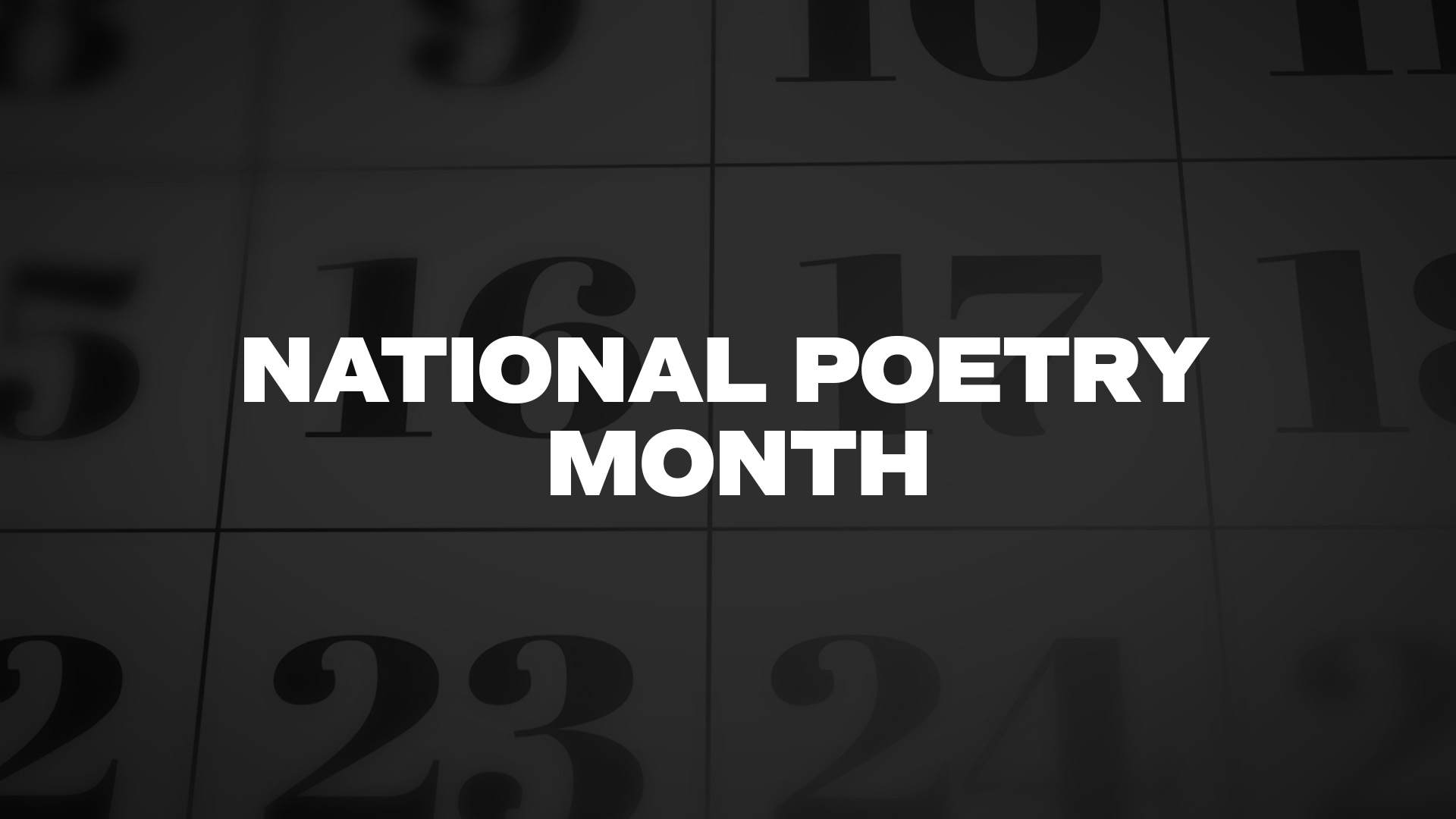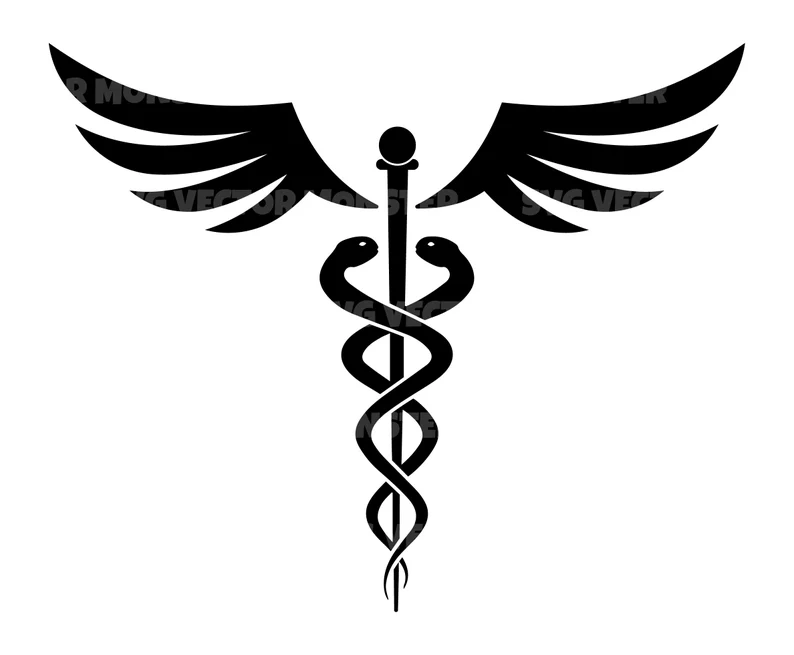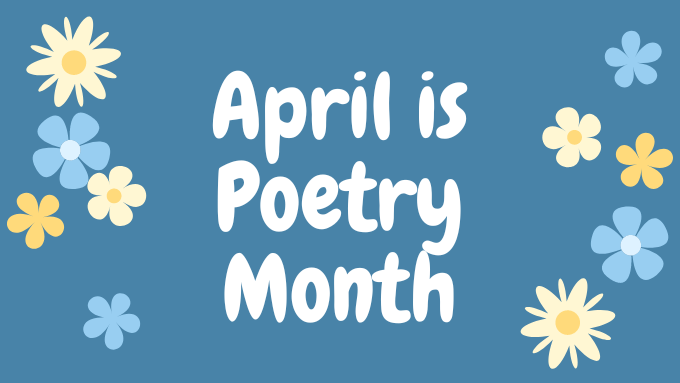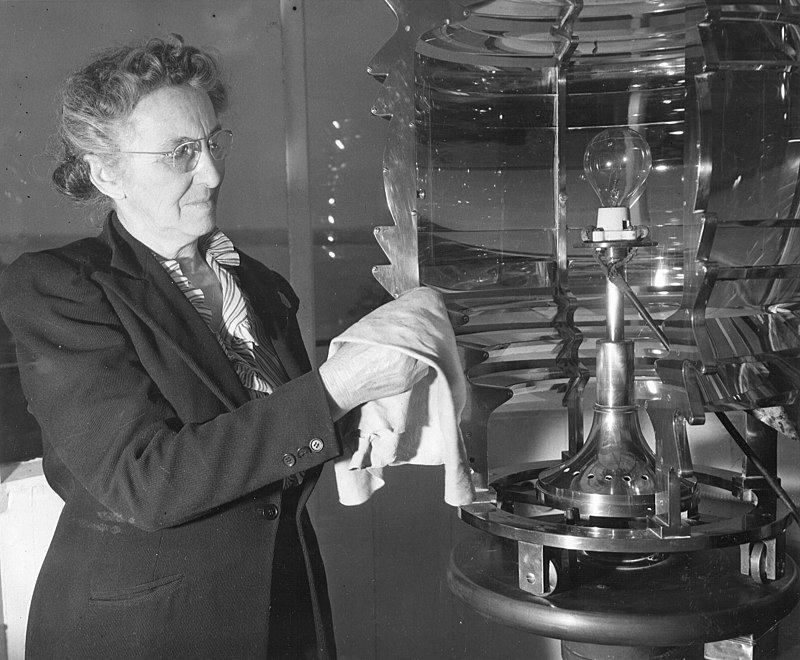During this last week of National Poetry Month, this week’s post is about a well-known minister and his poetry, The Reverend William Duke
This biography and poem are from The Poets and Poetry of Cecil County, Maryland
Collected and Edited by George Johnston (Author of The History of Cecil County)
Rev. William Duke
The Rev. William Duke was born in the southern part of what is now Harford County, but was at the time of his birth included in Baltimore County, on the 15th of September, 1757, and died in Elkton on the 31st of May, 1840. He became interested in the doctrines of Methodism in early youth, and allied himself with that denomination before its separation from the Protestant Episcopal Church, and was licensed to preach by Rev. Francis Asbury when he was only seventeen years old.
Mr. Duke became Rector of North Elk Parish in 1793, but resigned the charge three years later, and moved to Anne Arundel County, but returned to Elkton about a year afterwards. Soon after he moved to Kent County, where he taught at a parochial school for a short time, but returned to Elkton again in 1799 and opened a school. He preached during the three following years in North East, Elkton, and at the Episcopal Church near New London, Pa. It is believed that the log cabin in the historical society’s backyard is the Elkton building where his school was held. The building originally sat on Bow Street.
In 1803 he was appointed Professor of Languages in St. John’s College, Annapolis, and had charge of St. Ann’s Church, in that city, until 1806, when he returned to Elkton, and the next year took charge of the Elkton Academy.
Mr. Duke remained in Cecil County until 1812, when he took charge of Charlotte Hall, in St. Mary’s County, and continued in charge of the school at that place until 1814, when he returned to Elkton, where he officiated until the Spring of 1818, when he was appointed Principal of the Elkton Academy. He continued to reside in Elkton until the time of his death.
Morning
But now the dawn of day appears,
And now the dappled East declares
Ambrosial morn again arrived,
And nature’s slumbering powers revived,
And while they into action spring
The infant breeze with odorous wing,
Perfumes of sweetest scent exhales,
And the enlivened sense regales,
With sweets exempt from all alloy
Which neither irritate nor cloy.
Nor less the calmly gladdened sight
Enjoys the milder forms of light,
Reflected soft in twinkling beams,
From numberless translucent gems.
But now Aurora dries her tears,
And with a gayer mien appears,
With cheerful aspect smiles serene,
And ushers in the splendid scene
Of golden day: while feeble night
Precipitates his dreary flight
Dispelled by the all cheering sway
Of the resplendent God of day,
Who, mounted in his royal car,
And all arrayed in golden glare
With arduous career drives on
Ascending his meridian throne:
From thence a Sovereign of the day,
His full-grown glories to display.
Rejoicing in Hope
Tost on the troubled sea of life,
On every side assailed,
Involved in passion’s stormy strife,
In irksome suff’rance held.
The faithful word of promise cheers
And bears my spirits up,
Dispels my dark desponding fears
And stablishes my hope.
Hope that shall every toil survive,
That smoothes the rugged path,
That mitigates the ills of life,
And soothes the hour of death.
And when the storms of life are o’er,
And all our conflicts cease,
When landed on the heavenly shore
To enjoy eternal peace.
Hope at the last, her charge resigned,
Securely we dismiss,
And an abundant entrance find,
To the abodes of bliss.
Till then our progress she attends
To solace and relieve:
And waits till every conflict ends
To take her final leave.
Possessed of all we hoped below,
Our utmost wish attained,
Our happiness complete, we know
Our full perfection gained.
Thus may I cheerfully endure,
Till thus my warfare past;—
Suffice for me the promise sure,
I shall be crowned at last.







